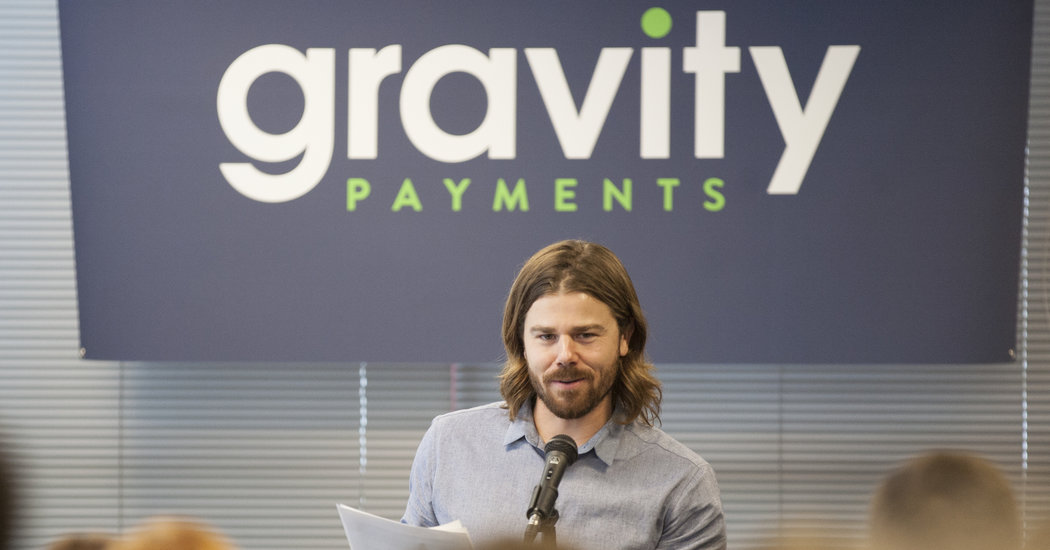In April last year, Dan Price raised his company’s minimum salary to $70,000 a year. He announced that over the period of next three years, the salary of even the lowest-paid clerk, salesman and customer care representative will be raised to $70,000. “Is anyone else freaking out right now?” Mr. Price asked the exhilarated employees and said after few moments, “I’m kind of freaking out”.
You’d think this story would have a happy ending – employee satisfaction would skyrocket, productivity would be through the roof, and the benevolent boss would be sit back while his fawning employees sang his praises.
It didn’t go quite so well in real life.
This is the story of how Dan Price created a stir and came under the scanner for his move that appeared super kind on the surface, but became soon became mired in controversy.
Dan’s employees and observers were understandably excited after the announcement. It’s no mean feat to have a company’s average salary growing from $48,000 a year to $70,000 a year in a flash. One of his employees could now fly his mother out from Puerto Rico to visit him in Seattle. Another one could now think of raising a family with his wife with the raised salary. Dan Price became a local hero overnight.
But in the months since his announcement, problems started surfacing.
Inside the company, two of Mr. Price’s most valued employees quit, as they found it unfair to double the wages of some new hires while some longest-serving staff members got very little or no raises. But the worst blow came in less than two weeks after the announcement, when Mr. Price’s elder brother and co-founder of Gravity, Lucas Price, filed a lawsuit over their long-standing differences. With legal bills mounting and most of Mr. Price’s own paychecks and last year’s $2.2 million profits put into the salary increase, the company didn’t have a margin of error to pay the legal bills.
Outside the company, a few customers withdrew their business from Gravity, as Mr. Price’s announcement was viewed as political statement and garnered media criticism. A few others left in fear of fee increase, despite repeated assurances from the company. Although a bunch of new customers did sign up after the announcement, those accounts will not start paying off for at least another year. To add up, the company has now also hired a dozen of new staffs, now at a significantly higher cost.
One of the two employees that quit Gravity is Maisey McMaster. She was one of the big supporters of Mr. Price’s plan in the beginning but eventually she started having doubts.
“He gave raises to people who have the least skills and are the least equipped to do the job, and the ones who were taking on the most didn’t get much of a bump,” she said. According to her, a fairer plan would be to give new employees smaller increase and a chance to earn more with more experience.
Grant Moran, a Web Developer in Gravity, has similar concerns. His salary increased from $41,000 from $50,000 in the first stage of the raise. You’d think he’d be exhilarated, but he was worried. “Now the people who were just clocking in and out were making the same as me,” he said. “It shackles high performers to less motivated team members.” Moran left too.
The move, which was meant to address inequality in incomes, now created a new sort of inequality in Gravity Payments. “Giving large raises to lower paid, lower contributing employees may be well intentioned, but unless it’s paired with equitable raises for higher contributing employees, it is bound to cause dissatisfaction and turnover”, writes Forbes.
This debate around minimum wages will rage on, but Gravity Payments hardly became the socialist utopia that it intended to be.



